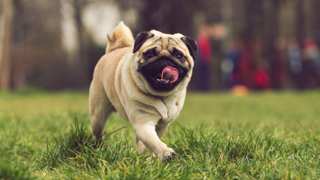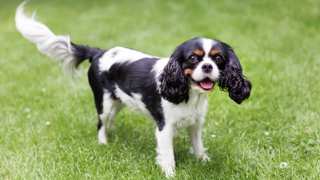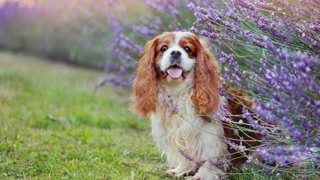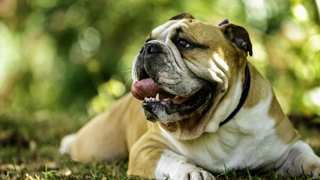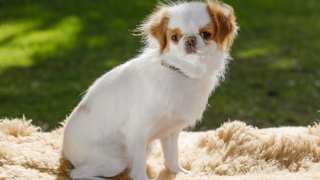Like all breeds, the French Bulldog diet will need to include animal proteins and carbohydrates for energy, vitamins and minerals for digestive and immune health, and omega fatty acids for coat and skin wellness. This means the best French Bulldog dog food is premium dry kibble, as it contains all the above-listed nutrients and more--and no empty "filler" ingredients like most cheap dog food.
And some premium brands actually carry breed-specific lines. Royal Canin, for example, offers Royal Canin French Bulldog Puppy food, Royal Canin French Bulldog Junior, and Royal Canin Adult--with each product specifically formulated for the breed in its particular life stage. Frenchies are prone to obesity, so the breed-specific products offer balanced nutrition without too much fattening content.
But specifically how much to feed a French Bulldog puppy or adult? With premium food, it won't be a lot! Adults will only need about 1½ cups per day, divided into two meals. Portions of food for French Bulldog puppy dogs are a bit less: depending on the pup's age, about one cup per day, divided into three meals (not two) until five months of age.
For further info on feeding a French Bulldog, here's a handy French Bulldog puppy feeding chart:
French Bulldog Feeding ChartDog AgeDog WeightFood TypeAmountFrequency7-8 Weeks4 lbsDry (Puppy formula)0.15 cups3x/day11-12 Weeks8 lbsDry0.25 cups3x/day5 Months15 lbsDry0.33 cups3x/day8 Months19 lbsDry* (Puppy/Adult)0.6 cups2x/day10 Months+22 lbsDry (Adult formula)0.75 cups2x/day*--Around this time, transition to adult food by first mixing in a bit of adult formula with the puppy formula. Over the course of a week, with each meal add a little more adult food to the mixture, until the dog is eating it entirely.
Try if possible to stick to the above-listed portions. These dogs will quickly become obese if constantly overfed (and under-exercised)--and a fat French Bulldog will have numerous health problems and a shortened lifespan. Help control your Frenchie's weight by having consistent feeding and exercise schedules, by not feeding the dog table scraps (and easy on the French Bulldog treats!), and by not keeping the French Bulldog food bowl out and full of kibble all the time. It's better to put the bowl down only when your French Bulldog is eating, then put it away right afterward.
If you're worried you have a fat French Bulldog puppy or adult on your hands, give the dog this test: run one hand along its side, and if you can't feel any ribs, it's diet time. Reduce the dog's daily food consumption by one-fourth, and add an extra walk or play period to its daily exercise schedule.

